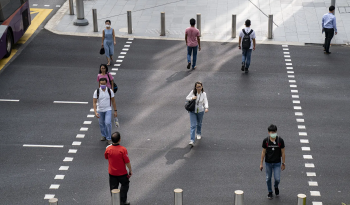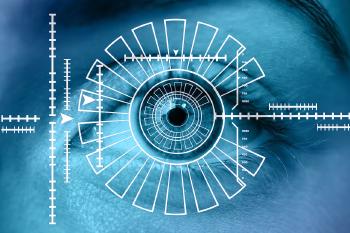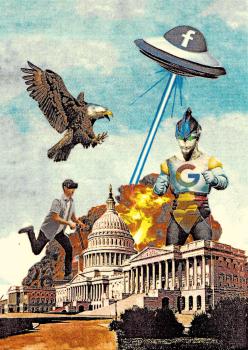Lizzie is a human rights lawyer specialising in public interest litigation. Lizzie has local and international experience in a wide array of court jurisdictions, and is passionate about equality before the law and that the rule of law should be protected, particularly given the incursions on civil liberties that have become a staple part of the war on terror. In 2019, Lizzie received the Human Rights Hero Award for her work campaigning against Australia’s encryption laws.






